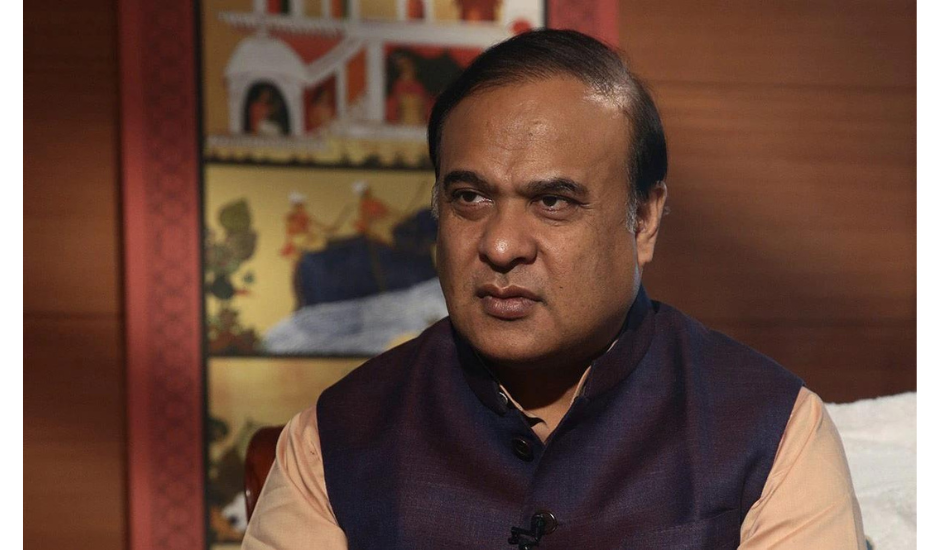
A war of words has broken out in the Indian political landscape following Nationalist Congress Party (NCP) chief Sharad Pawar’s remarks criticizing Prime Minister Narendra Modi for his support of Israel in the ongoing conflict with Hamas. In response, Assam Chief Minister Himanta Biswa Sarma made a surprising comment, suggesting that Pawar might send his daughter Supriya Sule to Gaza to support Hamas.
Sharad Pawar’s comments have triggered a heated debate among political leaders from various parties. Prime Minister Modi had expressed solidarity with Israel after rocket strikes by Hamas, offering condolences to the victims and their families. The conflicting views on the Israel-Hamas war highlight the differing opinions within India’s political sphere.
Union Minister Piyush Goyal expressed his dismay at Pawar’s statements, emphasizing the need to condemn terrorism on a global scale. Goyal pointed out that Pawar had held prominent positions in the government during crucial security incidents, expressing concern about Pawar’s casual view on terrorism.
Maharashtra Deputy Chief Minister Devendra Fadnavis clarified India’s consistent stance on the Israel-Palestine issue, emphasizing the nation’s unwavering opposition to terrorism. Fadnavis urged Pawar to adopt a similar stance against terrorism, aligning with the world’s condemnation of the killing of innocent civilians in Israel.
During a gathering of party workers in Mumbai, Sharad Pawar had underscored the departure of Prime Minister Modi’s stance from the positions of India’s former Prime Ministers, who traditionally supported Palestine in the Israel-Palestine dispute. The comments by Pawar and the responses from other political figures have raised questions about India’s diplomatic approach to the ongoing conflict.
The exchange exemplifies the complexities and varying viewpoints within Indian politics concerning international conflicts and terrorism.
Sources By Agencies

